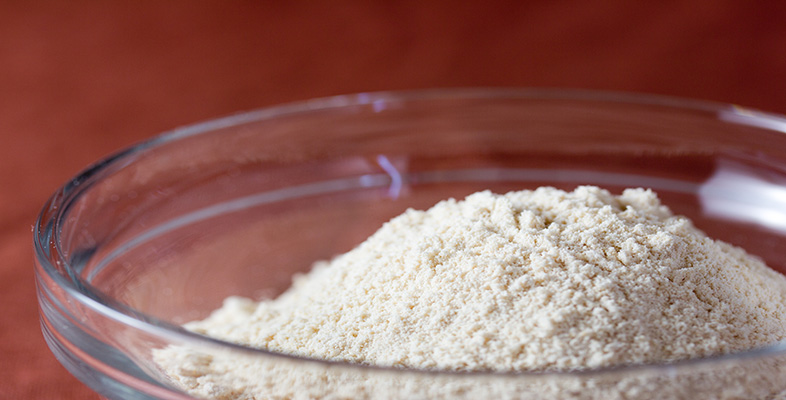1.3.1 Try some yourself
Activity 1
Round the numbers below:
(a) to the nearest 10.
(b) to the nearest 100.
(c) to the nearest 1000.
325 089, 45 982, 11 985
Answer
(a) 325 090, 45 980, 11 990
(b) 325 100, 46 000, 12 000
(c) 325 000, 46 000, 12 000
Activity 2
Some of the entries in the following table are incorrect. Identify the errors and write down the correct rounding.
| Rounded to nearest | |||
|---|---|---|---|
| Number | 10 | 100 | 1000 |
| 254 987 | 254 980 | 254 990 | 255 087 |
| 12 345 | 12 350 | 12 400 | 12 000 |
| 963 | 960 | 1 000 | 1 060 |
Answer
The corrected entries are in bold.
| Rounded to nearest | |||
|---|---|---|---|
| Number | 10 | 100 | 1000 |
| 254 987 | 254 990 | 255 000 | 255 000 |
| 12 345 | 12 350 | 12 300 | 12 000 |
| 963 | 960 | 1 000 | 1 000 |
Activity 3
The population of London in 1984 was 6696 000 (to the nearest thousand). Round this to the nearest million.
Answer
7000 000
Activity 4
Suppose a friend's heart rate is 68 beats per minute. Use sensible rounding and answer these questions.
(a) How many heart beats per day?
(b) How many heart beats per week, month, year?
(c) How many beats per lifetime?
Interpret your results as if to your friend.
Answer
(a) Day: 68 × 60 × 24 = 97 920, i.e. about 100 000 beats per day (rounded to the nearest hundred thousand).
(b) Week: 97 920 × 7 = 685 440, i.e. about 700 000 beats per week (rounded to the nearest hundred thousand).
-
Month: 97 920 × 30 = 2737 600, i.e. about 3 000 000 to nearest million.
Year: because the numbers now are so big it would be appropriate to use numbers that are approximations, e.g.
3 million × 12 = 36 million
 40 million.
40 million.(c) Lifetime: A lifetime could last from a very short time to over a hundred years, so an assumption must be made. Supposing it to be 80 years gives
40 000 000 × 80 = 3 200 000 000, i.e. approximately 3 billion.
Your interpretation as if to your friend might be something like:
Well Chris, if your heart beats at about 70 beats per minute, this means that it beats about a hundred thousand times a day, about seven hundred thousand times a week, about three million a month and about thirty-six million a year. So if you live to be 80 you would expect your heart to beat about three billion times. No wonder we should be looking after our hearts!
